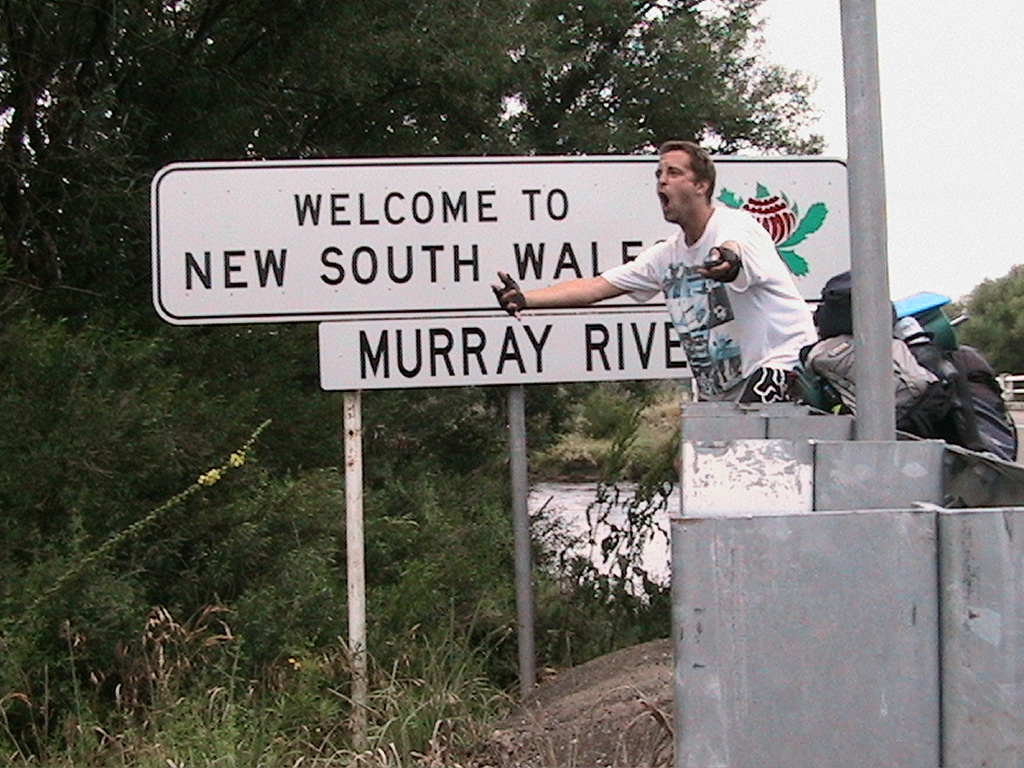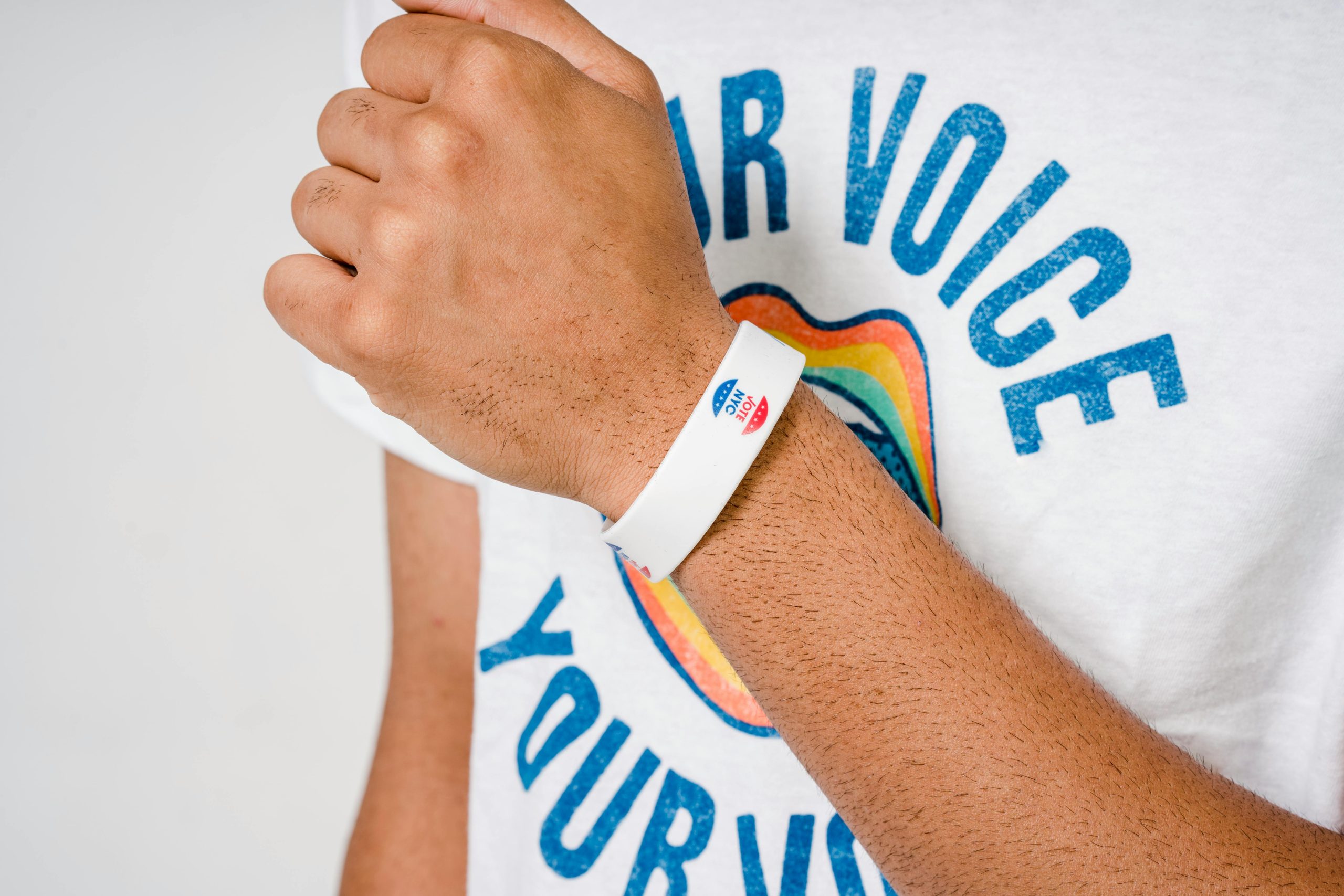Is the Job Interview Process Becoming Too Personal?
In recent times, it seems that job interviews are delving into increasingly personal territory. This growing trend has been observed by many, including myself, and it raises several concerns about privacy and professional boundaries.
In my experience, employers appear to be focusing more on analyzing candidates’ personal lives. I have encountered questions that probe into the intricacies of my relationships – whether I have children or intend to in the future, my relationship status, and my living arrangements. They’ve even inquired about family members who live nearby and how I spend time with them.
These types of questions have surfaced in interviews for various roles, presented by different interviewers. To say it is uncomfortable would be an understatement. I’m left pondering where this intrusive line of questioning originates and why it has seemingly become more prevalent. Is this happening elsewhere, or is it just a trend in my region?
The shift towards such intimate inquiries during the hiring process prompts a vital discussion on the limits of professional interviews and the importance of maintaining a candidate’s privacy intact.




You’ve highlighted a significant and concerning trend that many job seekers are noticing in the interview process. This shift towards more personal inquiries can indeed feel intrusive and is often inappropriate, as it veers into topics that are legally protected in many jurisdictions. Understanding both the possible reasons behind this trend and how to professionally handle such situations can be empowering.
Firstly, it’s important to acknowledge that questions about your personal life, such as your relationship status, whether you have or plan to have children, or details about your living situation, can feel invasive. While some of these questions might be intended to gauge your potential work-life balance or stability, they often cross the line into discrimination and bias. Many regions have laws, such as in the United States under the Equal Employment Opportunity Commission (EEOC), that explicitly prohibit discrimination based on family status, gender, and other personal attributes.
There could be several reasons why employers might be venturing into this territory more frequently. In some cases, it might be a lack of training or awareness on the interviewer’s part about what is legally and ethically appropriate to ask. In other instances, employers could mistakenly believe they’re fostering a culture of transparency or trying to get a fuller picture of how a candidate fits into the company culture.
To handle such situations with professionalism, consider these practical strategies:
Know Your Rights: Familiarize yourself with anti-discrimination laws in your area. This knowledge will help you recognize when a question is crossing a legal line and how you might address it.
Practice Responding: Develop polite and confident replies to redirect the conversation back to your professional qualifications. For example, if asked about your family life, you could say, “I’m very committed to balancing my personal responsibilities with my professional obligations, ensuring both are given the attention they deserve.”
Focus on Skills: Keep bringing the conversation back to your skills, experience, and how you can contribute to the company. Questions like, “How have you managed to ensure work-life balance in previous roles?” can be answered by focusing on your organizational skills and time management.
Seek Clarification: Sometimes, you can question an interviewer’s intent if you’re unsure why a personal question was asked. Politely asking, “Can you tell me how this relates to the role or responsibilities?” can prompt them to rethink the relevance of their question.
Evaluate Culture Fit: Consider whether a company that delves so deeply into personal matters aligns with your values. The